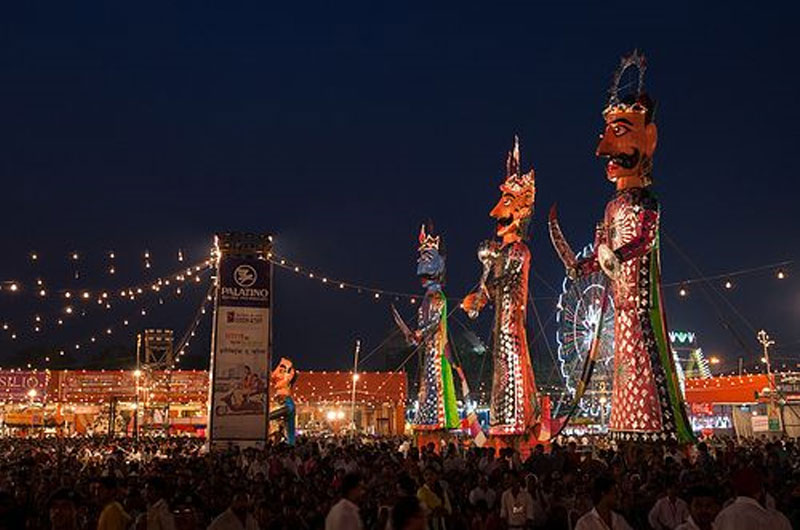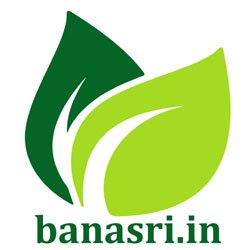
Festivals of Delhi: Celebrating Diversity in India’s Capital
These festivals in Delhi showcase the city’s cultural vibrancy, religious diversity, and inclusive spirit, bringing together people from different backgrounds to celebrate and cherish traditions. Diwali is the festival of lights, symbolizing the victory of light over darkness and good over evil.
1. Diwali
Time of Festival
- Celebrated in October-November, based on the Hindu lunar calendar.
Specialty of the Festival
- Diwali is the festival of lights, symbolizing the victory of light over darkness and good over evil.
- Celebrated with the lighting of lamps (diyas), fireworks, and sharing of sweets.
- Emphasis on prosperity, wealth, and new beginnings.
Locality of the Festival
- Celebrated across Delhi, with particular vibrancy in areas like Chandni Chowk, Connaught Place, and South Delhi.
Nature of the Festival
- Religious (Hindu), social, and cultural.
- Community gatherings, family reunions, and decorations with lights and rangoli.
2. Holi
Time of Festival
- Celebrated in March, marking the arrival of spring.
Specialty of the Festival
- Holi is the festival of colors, celebrating joy, love, and the victory of good over evil.
- Includes throwing colored powder (gulal) and water on each other, symbolizing unity and happiness.
- Emphasis on merrymaking, dance (Bhangra and Dhol), and festive foods (like Gujiya).
Locality of the Festival
- Celebrated across Delhi, especially in residential areas, parks, and public spaces.
Nature of the Festival
- Social, cultural, and seasonal.
- Open celebrations with music, dance, and traditional rituals.
- Community bonding and integration of diverse cultures.
3. Eid-ul-Fitr and Eid-ul-Adha
Time of Festival
- Eid-ul-Fitr: Celebrated after Ramadan, the Islamic holy month of fasting.
- Eid-ul-Adha: Celebrated during the Hajj pilgrimage.
Specialty of the Festival
- Eid-ul-Fitr: Marks the end of Ramadan with prayers (Salat al-Eid) and feasting.
- Eid-ul-Adha: Commemorates Prophet Ibrahim’s willingness to sacrifice his son with prayers and sacrifice of animals (Qurbani).
Locality of the Festival
- Celebrated in Muslim-majority areas of Delhi, such as Jama Masjid, Chandni Chowk, and Okhla.
Nature of the Festival
- Religious and cultural.
- Family gatherings, feasts (Seviyan and Biryani), and sharing with the needy.
- Emphasis on unity, compassion, and spiritual reflection.
4. Durga Puja
Time of Festival
- Celebrated in September-October, during the Hindu month of Ashwin (Sharad Navaratri).
Specialty of the Festival
- Durga Puja honors Goddess Durga’s victory over the demon Mahishasura.
- Elaborate pandals (temporary temples) with artistic idols of Durga.
- Features cultural programs (pandal hopping), traditional music (Dhak), and dance (Dhunuchi Naach).
Locality of the Festival
- Celebrated with grandeur in Delhi, especially in CR Park (Chittaranjan Park), Kashmere Gate, and Greater Kailash.
Nature of the Festival
- Religious and cultural.
- Emphasis on community bonding, art, and devotion.
- Features pandal visits, idol immersion (Durga Visarjan), and festive meals (Bhog).
5. Christmas
Time of Festival
- Celebrated on December 25th.
Specialty of the Festival
- Commemorates the birth of Jesus Christ with prayers, carols, and Midnight Mass.
- Decorations with Christmas trees, lights, and exchange of gifts.
- Emphasis on peace, joy, and goodwill.
Locality of the Festival
- Celebrated in Christian-majority areas of Delhi, such as Connaught Place, Saket, and Rohini.
Nature of the Festival
- Religious and cultural.
- Inclusive celebrations with community meals, festive decorations, and charitable activities.
6. Guru Nanak Jayanti (Gurpurab)
Time of Festival
- Celebrated in October-November, marking the birth anniversary of Guru Nanak Dev Ji.
Specialty of the Festival
- Guru Nanak Jayanti celebrates the first Sikh Guru’s teachings and principles.
- Nagar Kirtan processions (Sikh religious processions) with singing of hymns (Gurbani).
- Community kitchens (Langar) offering free meals to all.
Locality of the Festival
- Celebrated prominently in Sikh-dominated areas like Chandni Chowk, Moti Bagh, and Tilak Nagar.
Nature of the Festival
- Religious (Sikh) and cultural.
- Emphasis on equality, service (Seva), and spiritual reflection.
- Features religious processions, prayers, and communal meals.
7. Independence Day and Republic Day
Time of Festival
- Independence Day: August 15th
- Republic Day: January 26th
Specialty of the Festival
- Independence Day: Celebrates India’s independence from British rule with flag hoisting, parades, and cultural programs.
- Republic Day: Commemorates the adoption of the Indian Constitution with grand parades, cultural displays, and patriotic fervor.
Locality of the Festival
- Celebrated across Delhi, with official ceremonies at Rajpath, Red Fort, and India Gate.
Nature of the Festival
- National pride and patriotic.
- Flag hoisting, cultural performances, and honoring of national heroes.
- Inclusive celebrations reflecting unity in diversity.
8. Lohri
Time of Festival
- Celebrated in January, marking the end of winter and the onset of longer days.
Specialty of the Festival
- Lohri is a Punjabi festival celebrated with bonfires (Lohri bonfire), traditional dance (Bhangra and Gidda), and singing folk songs.
- Includes distribution of traditional sweets (like Rewri and Gajak) and nuts.
Locality of the Festival
- Celebrated in Punjabi-dominated areas of Delhi, such as Punjabi Bagh, Rajouri Garden, and Rohini.
Nature of the Festival
- Cultural and seasonal.
- Community bonfires, dance performances, and festive foods.
- Emphasis on warmth, togetherness, and harvest celebrations.
9. International Mango Festival
Time of Festival
- Celebrated in July, during the peak mango season.
Specialty of the Festival
- Showcases various mango varieties with displays, competitions, and tastings.
- Includes cultural performances, mango-eating contests, and lectures on mango cultivation.
Locality of the Festival
- Celebrated at various venues in Delhi, such as Dilli Haat (INA), Talkatora Stadium, and Garden of Five Senses.
Nature of the Festival
- Agricultural and cultural.
- Emphasis on mango diversity, horticulture, and culinary arts.
- Features exhibitions, tastings, competitions, and educational programs.
10. International Yoga Day
Time of Festival
- Celebrated on June 21st.
Specialty of the Festival
- International Yoga Day promotes yoga as a holistic approach to health and well-being.
- Includes mass yoga sessions, workshops, and seminars on yoga philosophy and practice.
Locality of the Festival
- Celebrated across Delhi, with major events at Rajpath, Connaught Place, and various parks.
Nature of the Festival
- Health and wellness.
- Emphasis on yoga as a tool for physical fitness, mental clarity, and spiritual growth.
- Features yoga sessions, demonstrations, and discussions on yoga’s benefits.
